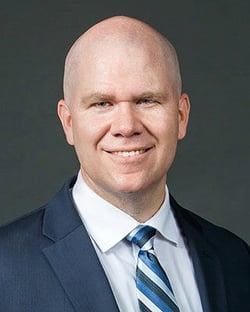
Assistant professor at The Wharton School of the University of Pennsylvania
Peter Conti-Brown is an assistant professor at The Wharton School of the University of Pennsylvania and Nonresident Fellow in Economics Studies at The Brookings Institution, where he is affiliated with the Hutchins Center for Fiscal and Monetary Policy and the Center on Regulation and Markets.
A financial historian and a legal scholar, Conti-Brown studies central banking, financial regulation, and public finance, with a particular focus on the history and policies of the US Federal Reserve System.
He is author of the book The Power and Independence of the Federal Reserve (Princeton University Press 2016), the editor of two other books, and author or co-author of many articles on central banking, financial regulation, and bank corporate governance in academic journals and in the popular press.
He received a law degree from Stanford Law School and a PhD in history from Princeton. He is currently at work on two books. The first is a history of bank supervision in the United States from the Civil War to Dodd-Frank (co-authored with Sean Vanatta, under contract with Harvard University Press), the second a comprehensive political and institutional history of the US Federal Reserve. Conti-Brown is married with four children.
Anyone who has ever sat (bored) through a required business ethics or compliance seminar has been prompted to wonder: what is the point of this? The question does not challenge the importance of leading ethical lives in business, but does question our approach to teaching and discussing business ethics throughout our industries.
In this session, Peter Conti-Brown—a scholar of financial regulation and teacher of business ethics at The Wharton School—leads participants in a process of deprogramming. Ethics is not and cannot become marketing, compliance, law, or even assertions of universal morality. Instead, ethics is about personal values and organizational culture—where those reinforce each other and, more importantly, where they conflict.
© 2023 Investments & Wealth Institute